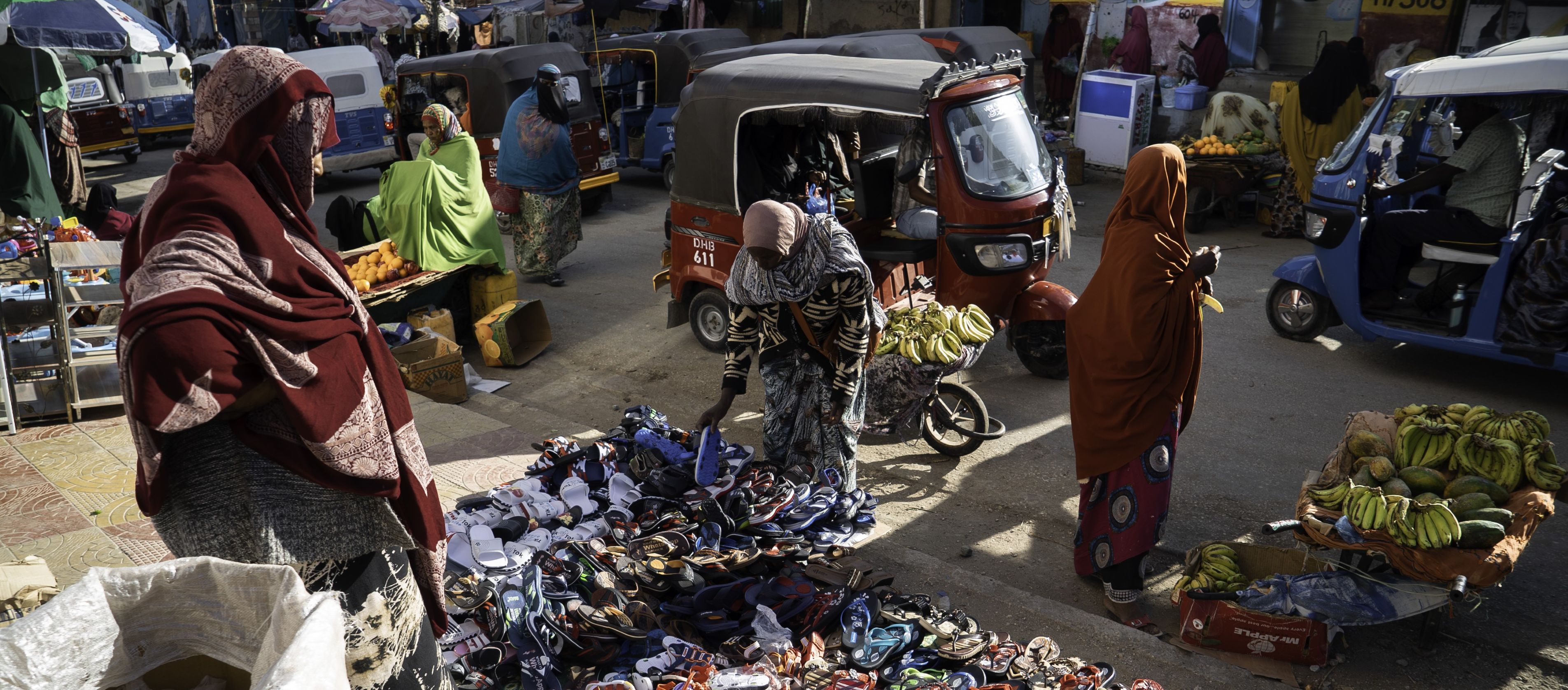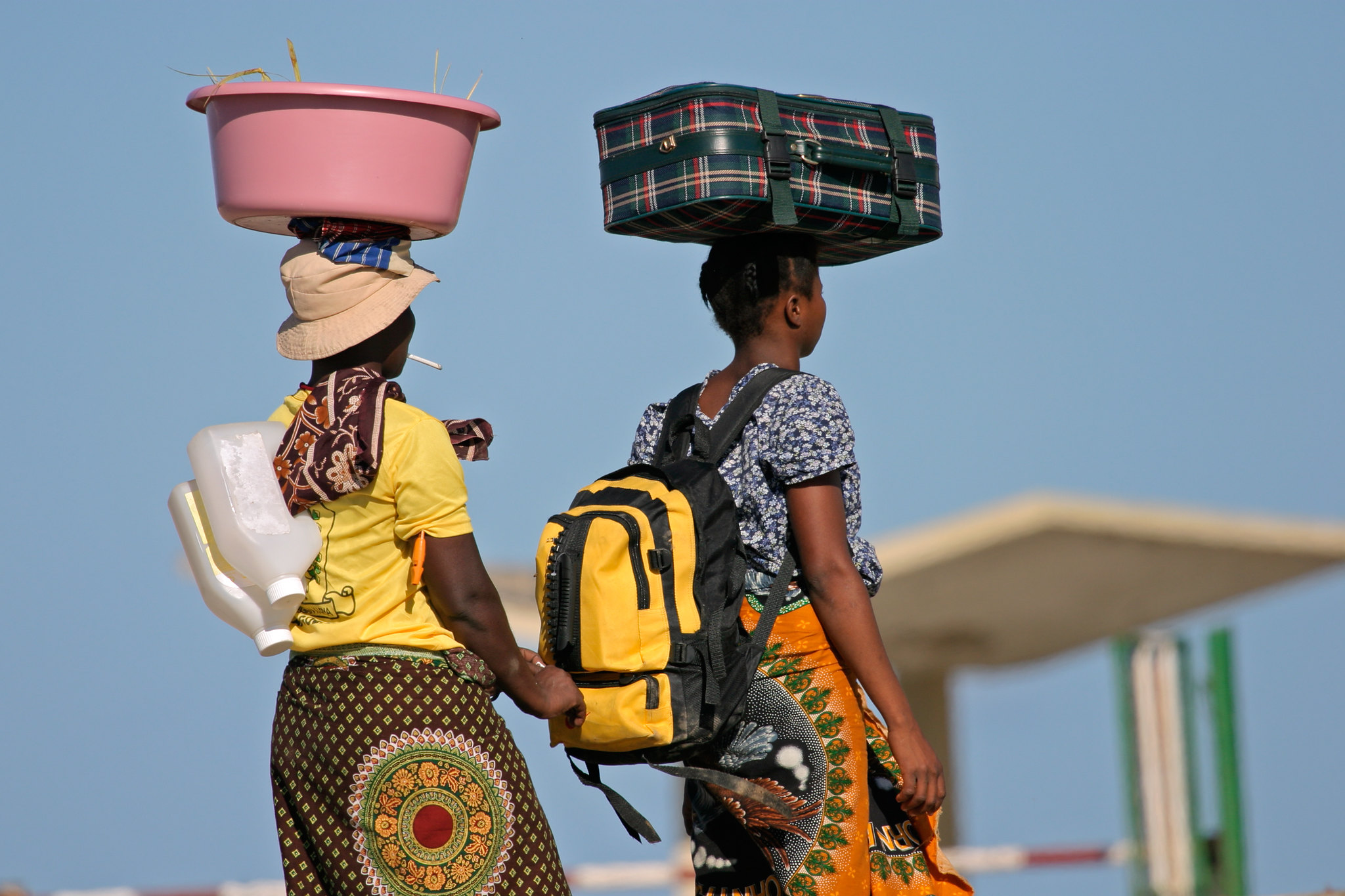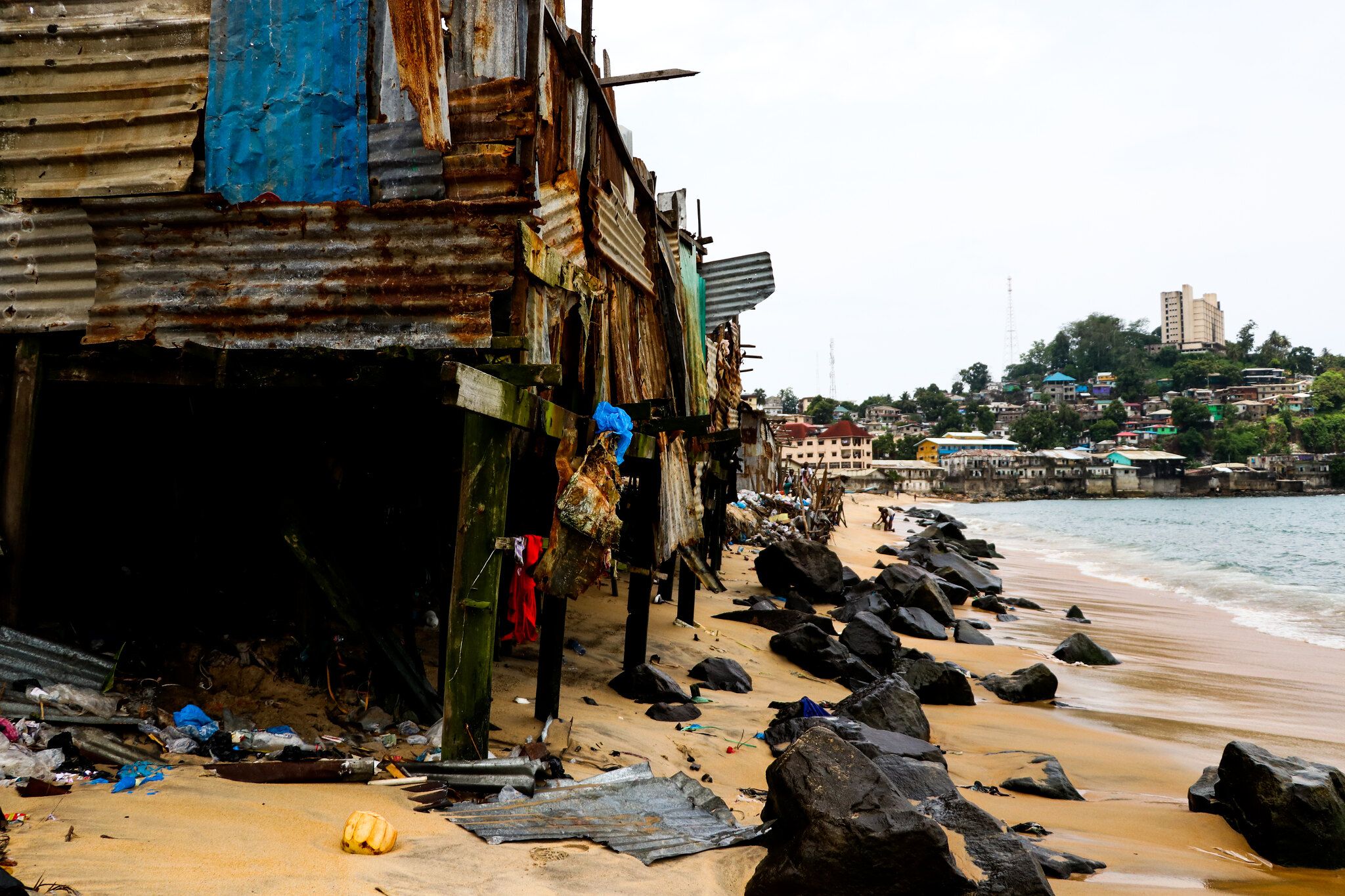Guest blog by Professor Marie Huchzermeyer*, School of Architecture and Planning, Wits University, Johannesburg, South Africa.
This blog is published in the context of Urban Thinker Campus on Slum upgrading.
Research on COVID-19 and urban policy has shown that poverty and inequality are deepening as a result of the pandemic. While statistics on the pandemic in ‘slums’ or informal settlements on the African continent are confounding, evidence of increasing unemployment, food insecurity and related to this a growth of informal settlements, leaves no space for complacency.
Organisations such as Cities Alliance have long promoted in situ upgrading of informal settlements, closely associated with state support to self-help housing initiatives. Key human rights principles, including the need to use available resources in the most effective way in the shortest possible time, support this approach.
However, state support for slum upgrading on this continent is up against ambitious visions for large low-income housing estates coupled with modernisation drives. States expect the construction industry to play an important role in the economy.
The term ‘slum upgrading’ is readily made to follow this logic. Plans to demolish informal settlements, ‘decanting’ their inhabitants temporarily while developers construct new housing, are often called ‘upgrading’.
This is the case in some municipalities in South Africa, despite the national Upgrading of Informal Settlements Programme requiring minimal disruption to people’s lives.
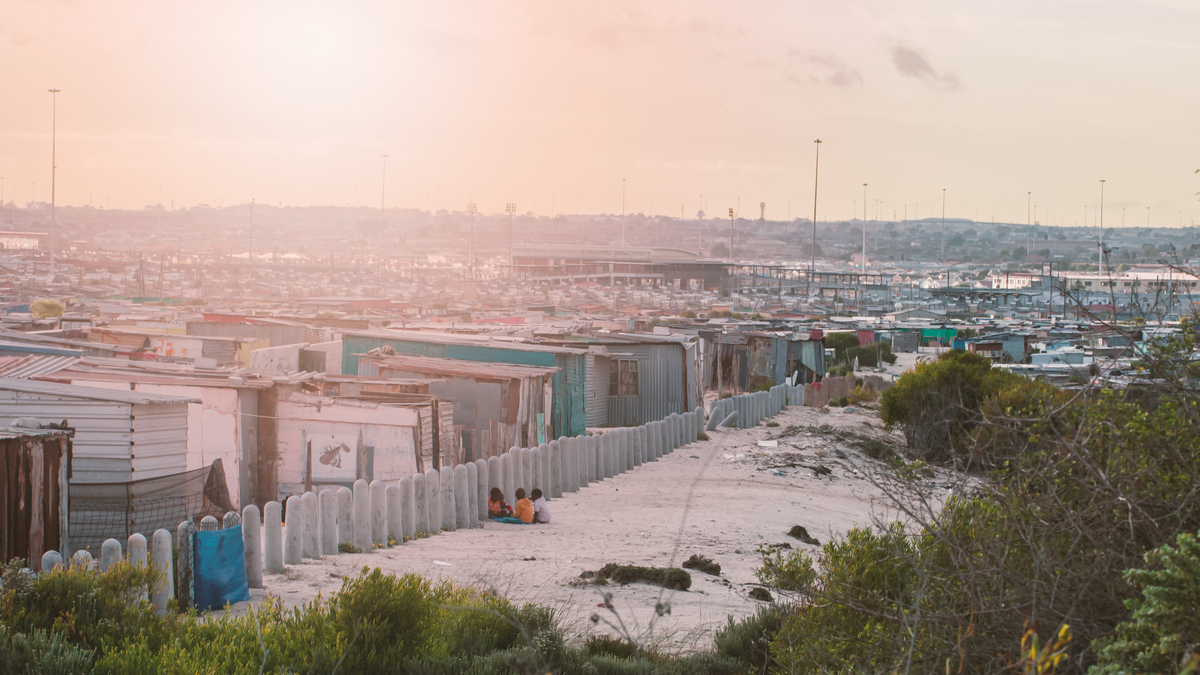
Conventional town planning on the African continent does not support in situ upgrading of informal settlements. Planning reform is slow, and where it has led to the adoption of appropriate legislation, planning practices remain rigid with few exceptions.
‘Behind the scenes’ work for any informal settlement upgrading project is extensive. The Participatory Slum Upgrading Programme of UN-Habitat has worked over years with several African governments to stitch implementable in situ upgrading programmes into state commitments. This includes the necessary analyses and arrangements around land, initial town planning procedures, infrastructure approvals, budgeting, phasing, as well as registering and engaging informal settlement residents in participatory processes.
The South African National Upgrading Support programme refers to this as the ‘pipeline’. In South Africa, many informal settlements are in a pipeline for upgrading, but year-in and year-out budgets are spent only on temporary measures (shared chemical toilets or communal pit latrines, communal water taps, high mast lighting and low standard temporary electrification).
Delays in moving beyond this phase of temporary measures incur the cost of maintaining the low standard infrastructure and requires continual preparedness for disasters such as shack fires and in some areas flooding and landslides, which permanent upgrading would successfully mitigate. A further temporary measure, in part promoted by Slum Dwellers International, is ‘reblocking’ or rearranging temporary structures in an informal settlement in the absence of a formal town planning process. This can reduce risk.
However, in a further misuse of the term ‘upgrading’ these temporary measures, including ‘reblocking’ are often given this label. Yet inhabitants of these settlements remain in uncertainty, with substandard living conditions, and unable to securely invest in improving their housing.
There are efforts currently underway to understand delays that prevent informal settlement upgrading from moving beyond the pipeline to implementation of permanent interventions. The longer the delay, the more difficult the upgrading process. As the COVID-19 pandemic places increased pressures on existing informal settlements to absorb impoverished households, rental markets evolve, densities increase and settlements expand onto marginal and risk-prone land. If there is one thing the pandemic is calling for, it is an acceleration in the pipeline.
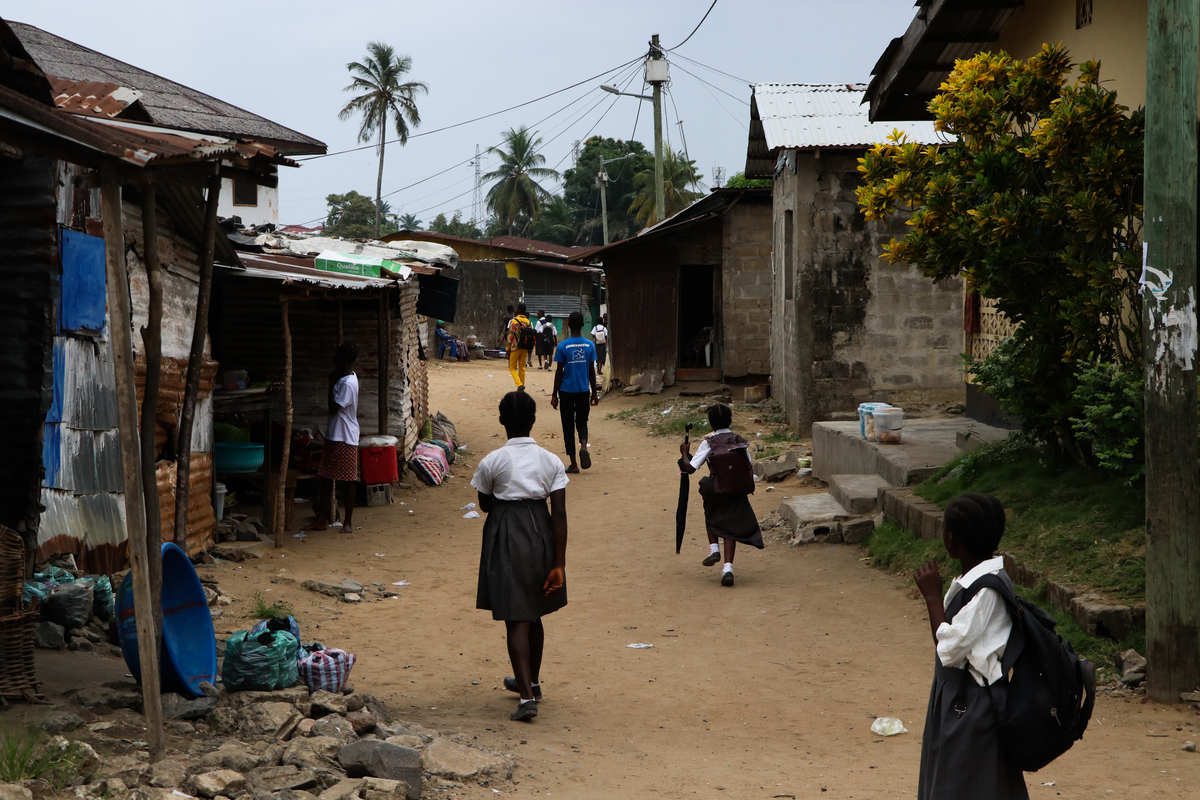
UN-Habitat, Cities Alliance, the World Urban Forums and the New Urban Agenda have encouraged states to develop national urban policies that include prioritising slum upgrading. This has resulted in important national commitments. To affect the ‘pipelines’ for individual informal settlements, these national commitments need to filter into municipal strategies, city-wide spatial plans and budgeting processes.
Further, connections to individual informal settlement upgrading projects have to be enabled through supportive land use management schemes or mechanisms, and expedited approval processes.
Beyond this, the bureaucratic structures need to be in place to defend upgrading against other demands, and to coordinate and orchestrate upgrading across sectors.
Dedicated teams of officials have to be nurtured with skills in navigating bureaucracies while working with participatory approaches to champion implementation of informal settlement upgrading.
The pandemic has catapulted universities, NGOs, research or policy institutions and development agencies into new modalities that involve working online. This has enabled connectivity across the globe. As is the case in forums facilitated by Cities Alliance, this opens the potential for experts to offer research and skills to, but also learn from, local upgrading processes in other countries. However, it has exposed the digital divide and poses new challenges to leaving no one behind in the quest for transdisciplinarity and co-production.
About the author: Marie Huchzermeyer is a Professor at the School of Architecture and Planning at Wits University in Johannesburg. She is also affiliated to the Centre for Urbanism and Built Environment Studies (CUBES) that she represents on the Scientific Committee of the African Urban Research Initiative (AURI), in Habitat International Coalition (HIC) and the Global Platform for the Right to the City. Her expertise is in housing and informal settlement policy. She has accompanied civic organisations in informal settlements for over a decade in their pursuit for implementation of the Upgrading of Informal Settlements Programme, which South Africa adopted in 2004. Marie is a co-Principal Investigator of a German-funded collaboration (DAAD/BMZ ‘SDG School’) with TU-Berlin.
* The opinions expressed herein are solely those of the author and do not necessarily reflect the official views of Cities Alliance, its members, or those of UNOPS.


